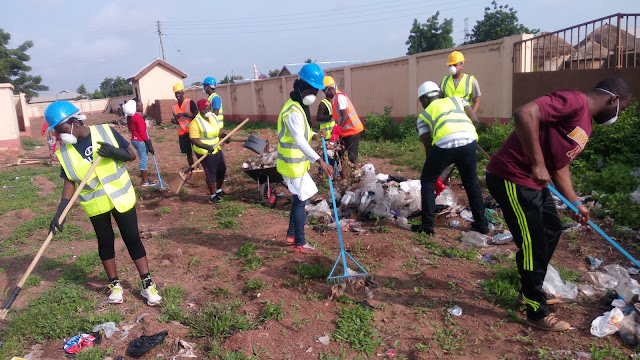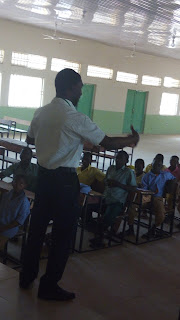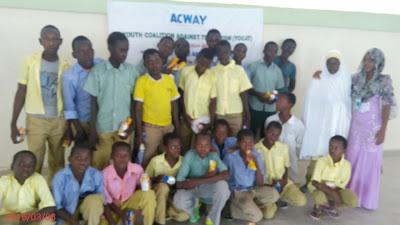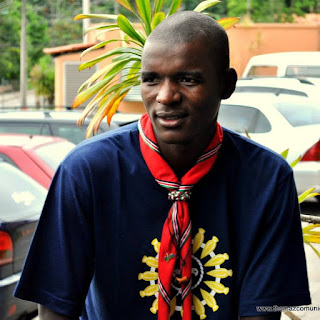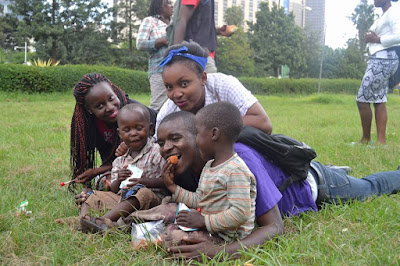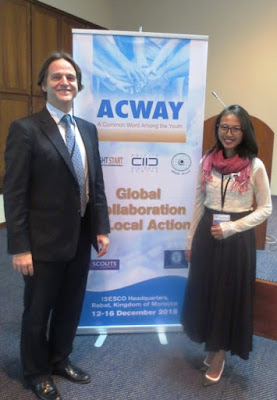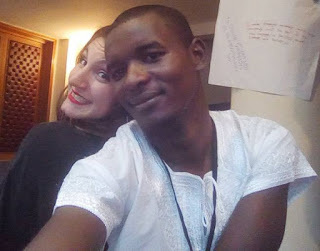 |
| Arvind Ramchurn |
By Arvind Ramchurn, Mauritius
arvind@cocotown.mu
What are the
most impactful events and activities that we can do to increase harmony between
religions and cultures?
This paper is about
different spiritual and religious traditions in the world and how they have or
could in the future contribute to the creation of a global culture of peace. As
the above quotations indicate, almost all of the world's religions, in their own
sacred writings and scriptures, say that they support "peace".
Yet it is a known fact
that war and violence have often been undertaken historically, as well as at
present, in the name of religion (as is discussed further below). Yet religions
profess to want peace. So what is 'peace'? And how have religions historically
helped to promote peace, and how might they help create a more peaceful world
in the 21st century? These are a few of the questions that this paper will
attempt to explore.
Traditionally many
people focus on how wars and conflicts are seemingly undertaken for religious
reasons, or at least undertaken in the name of religion. Indeed, it is not
difficult to find data and statistics in support of this hypothesis. Quincy
Wright, in his monumental study, A Study of War, documents numerous wars and
armed conflicts that involve a direct or indirect religious component, (Wright,
1941) as does Lewis Richardson in his statistical treatise, Statistics of
Deadly Quarrels. (Richardson, 1960).
As the Cold War has ended and inter-ethnic conflicts have re-emerged in many
parts of the world, it has indeed been a popular thesis of different writers to
argue that these inter-ethnic conflicts often have a religious component. A few
examples of such recent writing include: Samuel Huntington's, "The Clash
of Civilizations," Foreign Affairs (Summer 1993); Daniel Patrick
Moynihan's Pandaemonium: Ethnicity in International Politics; and R. Scott
Appleby, Religious Fundamentalisms and Global Conflict.
Following UNESCO's lead
in holding two conferences on "The Contributions of Religions to a Culture
of Peace" (both held in Barcelona, Spain, in April 1993 and December
1994), and other interfaith dialogues
between different religions that are occurring in a serious way around the
planet--including the World Parliament of Religions, in Chicago, August
1993; and the ongoing work of the World Council on Religion and Peace--this
paper will focus instead on how religious and spiritual traditions can
contribute to creating a more peaceful world via an exploration of the
foundations for both inner and outer peace in the twenty first-century. The
paper will have four (4) parts:
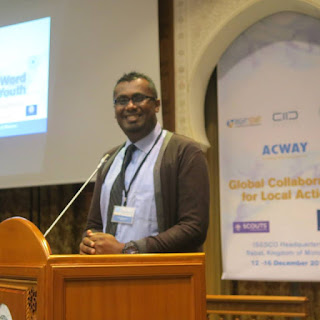 |
| Arvind Ramchurn |
Part
I
begins by providing a framework for looking at all the world's religions as
having a potential spectrum of perspectives, including: the external,
socially-learned, cultural or esoteric parts --including different religious
organizations, rituals, and beliefs, which are passed down from one generation
to the next, and the internal, mystical, direct spiritual experience or
esoteric part. In considering the external aspects of religion, principles from
the field of intercultural communication are used to explore the creation of
tolerance, understanding and valuing of diversity concerning different aspects of
socially learned behavior or culture, including religion.
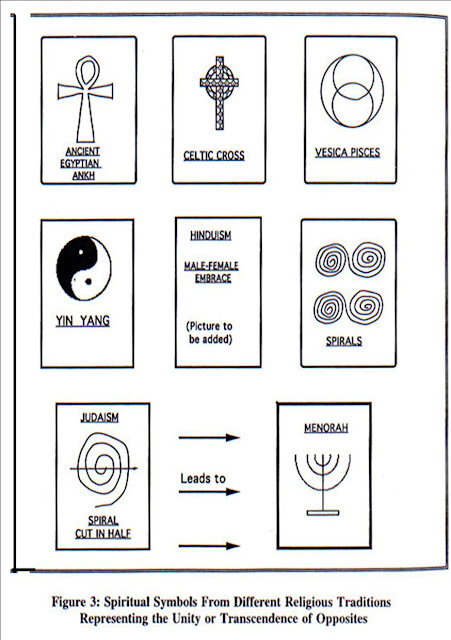 |
Spiritual Symbols From Different Religious Traditions
Representing the Unity or Transcendence of Opposites |
Fundamentalism or
religious extremism or fanaticism--when religions claim their version of
religion is the only one--are seen as an extreme form of the socially-learned
aspect of religion and one not conducive to creating world peace. In
considering the internal or esoteric aspects of religion, it is noted that all
the world's religions began with someone who had a mystical enlightenment or
revelatory experience, which they then tried to share with others, leading
often to the formation of new religions--even though this was not the intention
of the original founder.
Parallels between new scientific paradigms and ancient
mystical traditions from the world's religions are then noted to illustrate how
contemporary dynamic, interconnected, whole systems ways of experiencing and
viewing reality can be seen as providing necessary conditions "within
the individual" for creating an external global culture of peace in the world.
Please use the bar below / left side to share with friends, colleagues & family on Facebook, Twitter, Google+, etc...



